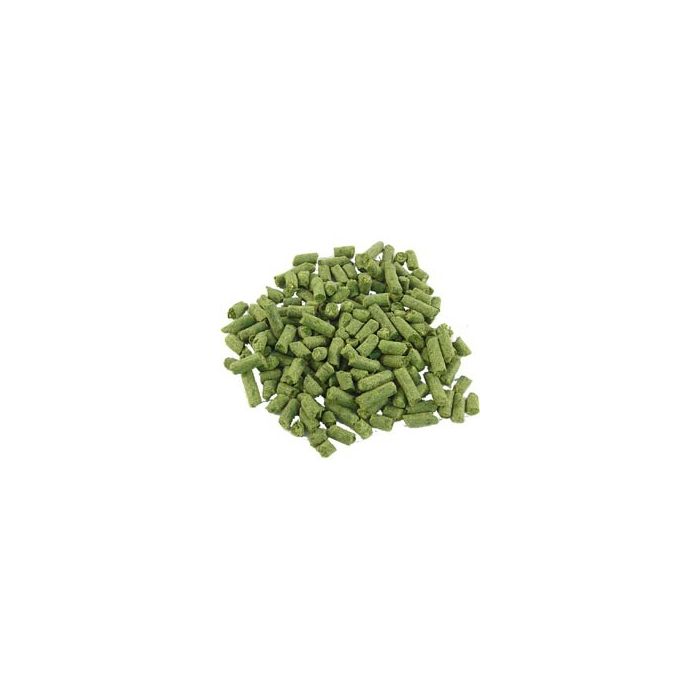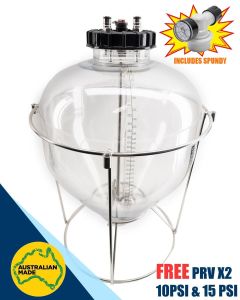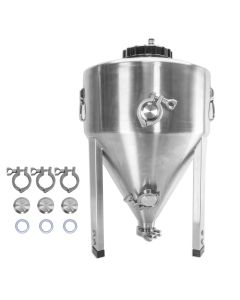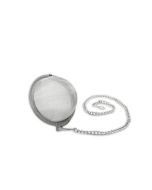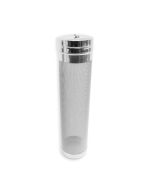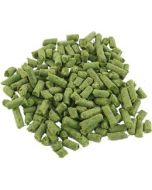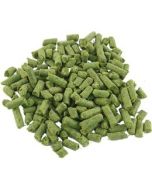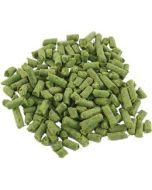Amarillo hop pellets 100g
- Buy 3 for $8.46 each and save 15%
- Buy 5 for $7.96 each and save 20%
Amarillo hop pellets 100g
Alpha Acid: ~9.7%
Crop: 2021
Amarillo hop pellets can be used for bittering, flavour and aroma. Great hop for American ales and IPA-s with its floral and citrusy aroma. Good for dry hopping. Product of USA
Amarillo is an aroma hop that is typically used in late boil additions, whirlpooling and cellering dry hop additions.
Amarillo impart a distinct flowery, spicy, tropical, citrus-like flavor and aroma in beer. The citrus has qualities of orange and lemon, like Cascade, but much stronger.
Extremely high Myrcene content gives it a very sweet citrus flavor and aroma that is closer to oranges than grapefruit.
Other descriptors include grapefruit, melon, apricot and peach. The peach-like aromas can be unlocked during cold hop additions in the fermenter.
Amarillo hops offer solid bittering properties in the 9-11% Alpha Acid range.
This hop also packs one of the highest myrcene oil contents (60-70% of total oils) of any hop.
Amarillo has become one of craft brewer's most favorite hops. It is often paired with Citra, Simcoe, and Mosaic in many juicy IPAs and pale ales.
Alpha Acid (AA): 7-11%
Purpose: Aroma
Aroma: floral, spicy, tropical fruit, citrus, orange, lemon, melon, apricot, peach, grapefruit & dank.
Beer styles: Pale Ale, IPA, Porter, Wheat Beer & Amber Ale
Substitutions: Centennial, Cascade, Simcoe, Chinook
| Ribbon | None |
|---|---|
| Discontinued | No |
| Order By Request | No |
| Sale | No |
| New | No |
-
 Gluten Free American Pale Ale
Gluten Free American Pale AleFrom $3.95
To $109.70


